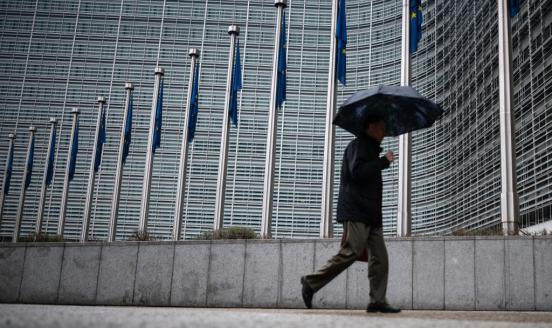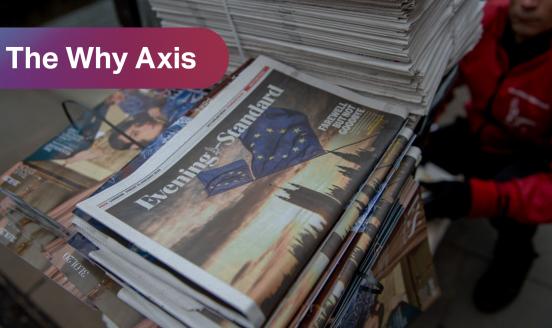EU trade policy amid the China-US clash: caught in the crossfire?
What risks face the EU with regard to China’s strategic aims in trade policy and how can the EU respond? The US effort to isolate China poses particul

The authors prepared the text of this Working Paper in their personal capacities as a study under a contract with the Greens/EFA Group in the European Parliament.
China’s rapid rise and unique economic system, and the United States’ increasingly disruptive trade policy, threaten the global rules-based trade and economic system. The European Union has so far been comparatively spared from the US-China trade war, but must nevertheless safeguard its critical interests by adopting an independent, proactive stance. The EU does not currently have to make a general choice between China or the US, and like many other jurisdictions around the world it should aim to defend its continuing ability to not make such a general choice, even as this stance will generate tensions with both. The April 2019 China-EU summit illustrated the credibility of this approach, and the objectives stated in the summit conclusions should be delivered.
The EU, even more than the US or China, has a strategic interest in preserving the global rules-based order embodied by the World Trade Organisation. It must steer WTO reform, working closely with aligned third countries such as Japan. The EU should expand its outreach beyond its immediate negotiating counterparts in both the US and China, and work in particular to ensure its (EU- and member-state level) leading officials better understand China. While strengthening its instruments to address new challenges, such as the screening of foreign direct investment for security purposes, the EU must also resist the temptations of protectionism and economic nationalism.
In support of these objectives, the EU should prepare for difficult decisions, which might involve revising some of its red lines in international trade negotiations. Conversely, the EU should stand firm on principles such as refusing one-sided agreements and rejecting abusive recourse to national security arguments in trade policies.



